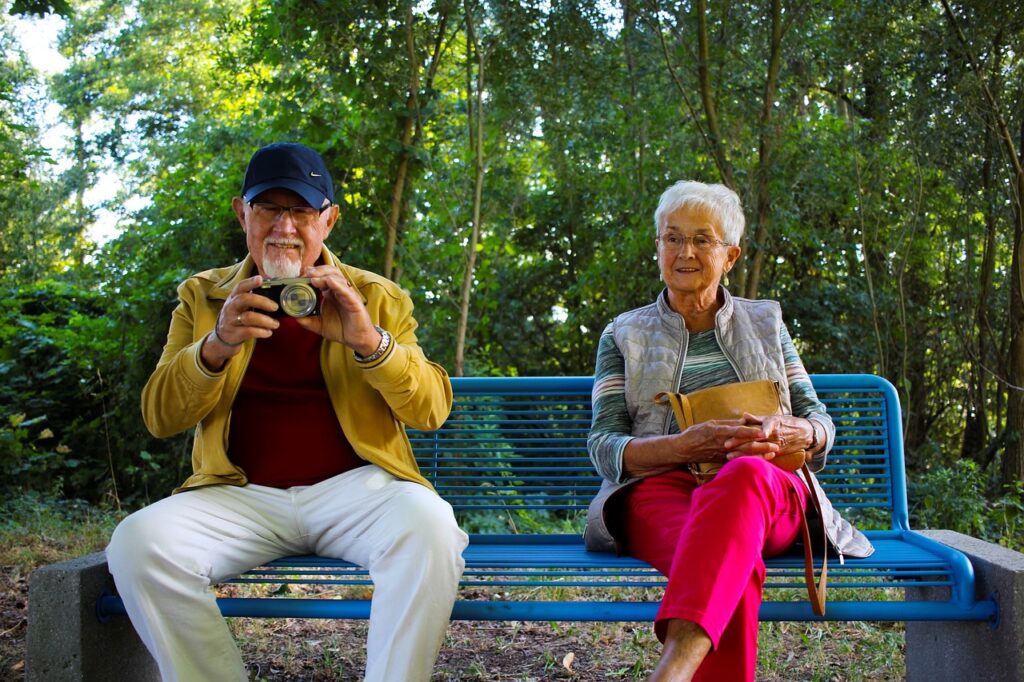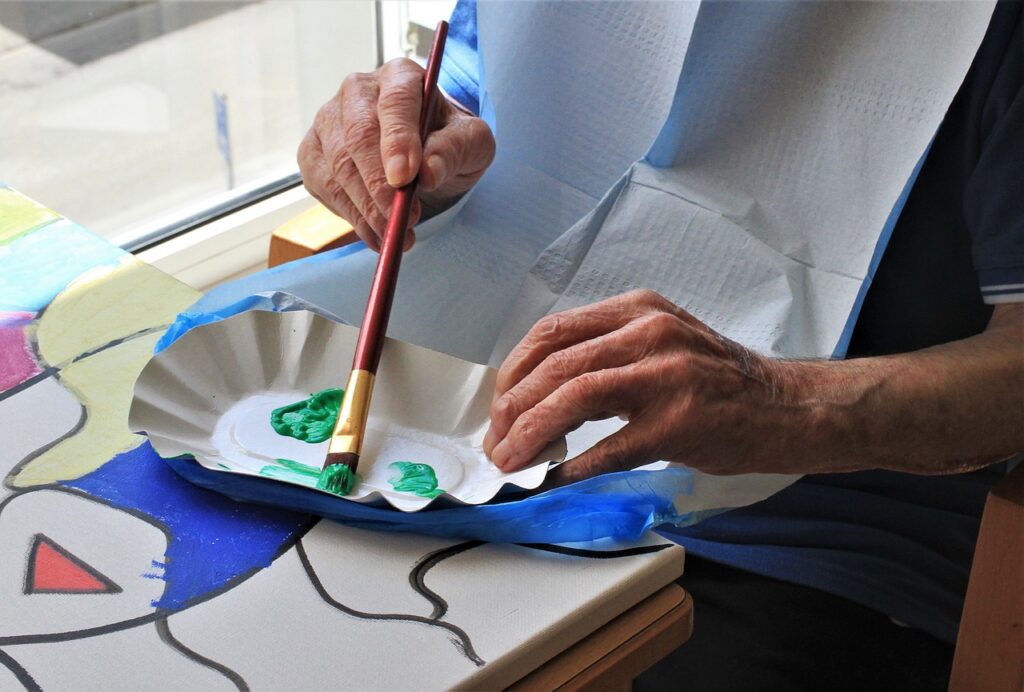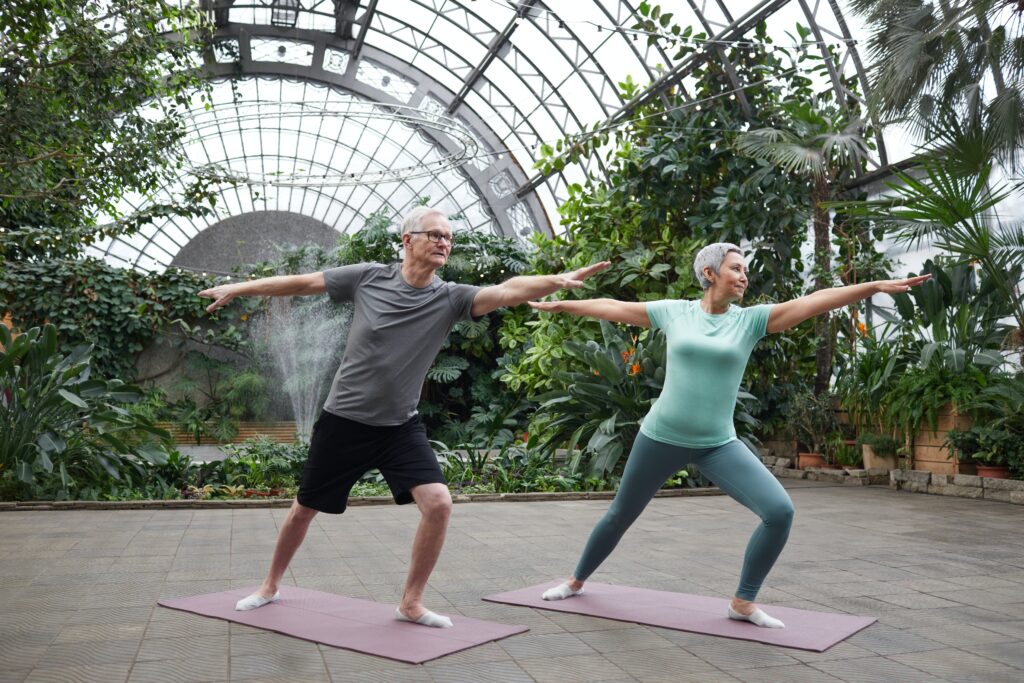The Joy of Hobbies: Creative and Therapeutic Activities for Seniors

Hobbies have always been an integral part of human life, bringing joy, purpose, and a sense of accomplishment. But as we age, the importance of hobbies becomes even more evident, particularly for seniors. In this blog, we will explore how engaging in hobbies can significantly enhance the quality of life for seniors, both creatively and therapeutically.
Table of Contents
The Therapeutic Power of Hobbies
Hobbies offer a unique blend of relaxation and mental stimulation, making them a powerful tool for reducing stress and improving overall mental health in seniors. Engaging in activities such as painting, crafting, or gardening can provide a much-needed escape from the daily pressures of life. The focused attention required by these hobbies can create a state of flow, where seniors become completely absorbed in their creative pursuits, temporarily forgetting their worries and anxieties.
Moreover, the sense of accomplishment that comes with completing a project or mastering a new skill can boost self-esteem and mental well-being. Whether it’s finishing a beautiful painting, knitting a cozy scarf, or successfully growing a vibrant garden, these achievements remind seniors of their competence and abilities, fostering a positive self-image.
Creative Hobbies to Explore

Unleashing Creativity in your Senior Years
The senior years can be a golden opportunity to explore and nurture one’s creative side. Here are some creative hobbies that seniors can explore:
- Painting: Whether it’s watercolors, acrylics, or oils, painting allows seniors to express themselves visually and create beautiful works of art. Colour wheel Art Class has a wide range of different locations across the UK where they cover a wide range of different art style.
- Crafting Ideas: Crafting encompasses a wide range of activities, from knitting and crocheting to woodworking and pottery. It’s an excellent way to channel creativity and produce unique handmade items.
- Music Therapy: Learning to play an instrument or simply enjoying music can provide emotional relief, reduce stress, and stimulate the brain.
- Writing Clubs: Joining a writing group can provide an outlet for self-expression and storytelling, allowing seniors to share their life experiences and creativity with others.
Social and Community Aspects of Hobbies

Building Connections Through Hobbies
Hobbies not only offer personal enjoyment but also create opportunities for seniors to connect with others who share similar interests. This social interaction is crucial for maintaining a sense of belonging and combatting feelings of isolation that some seniors may experience.
Many communities offer classes and workshops specifically tailored to senior hobbies, providing a chance to learn and socialize simultaneously. Additionally, online forums and hobby clubs dedicated to various interests can help seniors connect with like-minded individuals, even if they can’t meet in person.
Therapeutic Hobbies for Physical and Mental Wellness

Hobbies for Health and Happiness
While creative hobbies are excellent for mental well-being, there are also hobbies that offer physical and cognitive benefits for seniors:
- Gardening: Gardening provides a low-impact form of exercise, exposure to fresh air and sunlight, and a sense of accomplishment as seniors watch their plants thrive.
- Yoga: Yoga is an adaptable form of exercise that can improve flexibility, balance, and overall physical health while promoting relaxation and stress reduction.
- Chess for Cognitive Health: Playing chess challenges the mind, enhancing cognitive abilities such as problem-solving, memory, and strategic thinking.
Tips to Get Started
Beginning Your Hobby Journey
Starting a new hobby can be an exciting adventure. Here are some practical tips for seniors looking to embark on their hobby journey:
- Identify Interests: Consider what interests and passions you have. This will help you choose a hobby that genuinely excites you.
- Gather Resources: Find the necessary supplies or equipment for your chosen hobby. Look for local stores, online retailers, or community resources.
- Set Achievable Goals: Start with small, achievable goals to build confidence. As you progress, you can take on more ambitious projects.
- Seek Guidance: If you’re new to a particular hobby, consider taking classes or joining a club to learn from experienced enthusiasts.
Making Hobbies Accessible
For some seniors, mobility challenges can make it difficult to participate in hobbies, especially those that require moving between different areas of the home. However, accessibility solutions like stairlifts can help seniors continue enjoying their favourite activities without limitations.
- Crafting and Art in Comfort – A stairlift can help seniors easily access a dedicated crafting room or studio on another floor, ensuring they have a safe and comfortable space for creativity.
- Gardening Without Barriers – Many seniors love gardening, but outdoor spaces can be difficult to reach if stairs are involved. With an outdoor stairlift, accessing a backyard or sunroom filled with plants becomes effortless.
- Social and Hobby Clubs at Home – Hosting book clubs, writing groups, or knitting circles at home becomes easier when mobility is not an issue. A stairlift allows seniors to move between floors smoothly, making home-based social hobbies more enjoyable.
By making homes more accessible, stairlifts empower seniors to continue engaging in hobbies that bring them joy, independence, and fulfilment.

Conclusion
In conclusion, hobbies play a pivotal role in enhancing the lives of seniors, providing therapeutic benefits, fostering creativity, and building social connections. Whether you’re a senior or you have a loved one in their golden years, encourage the exploration of new hobbies to experience the joy, fulfilment, and improved well-being they can bring. Embrace the creative and therapeutic aspects of hobbies, and let them enrich your life.